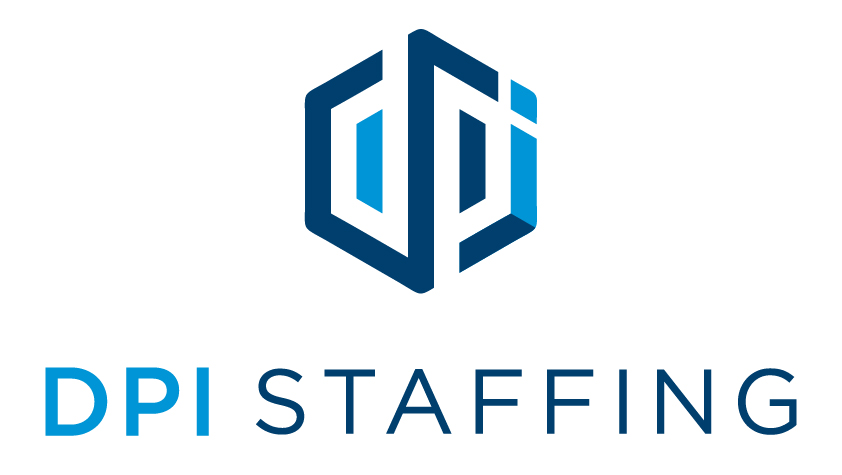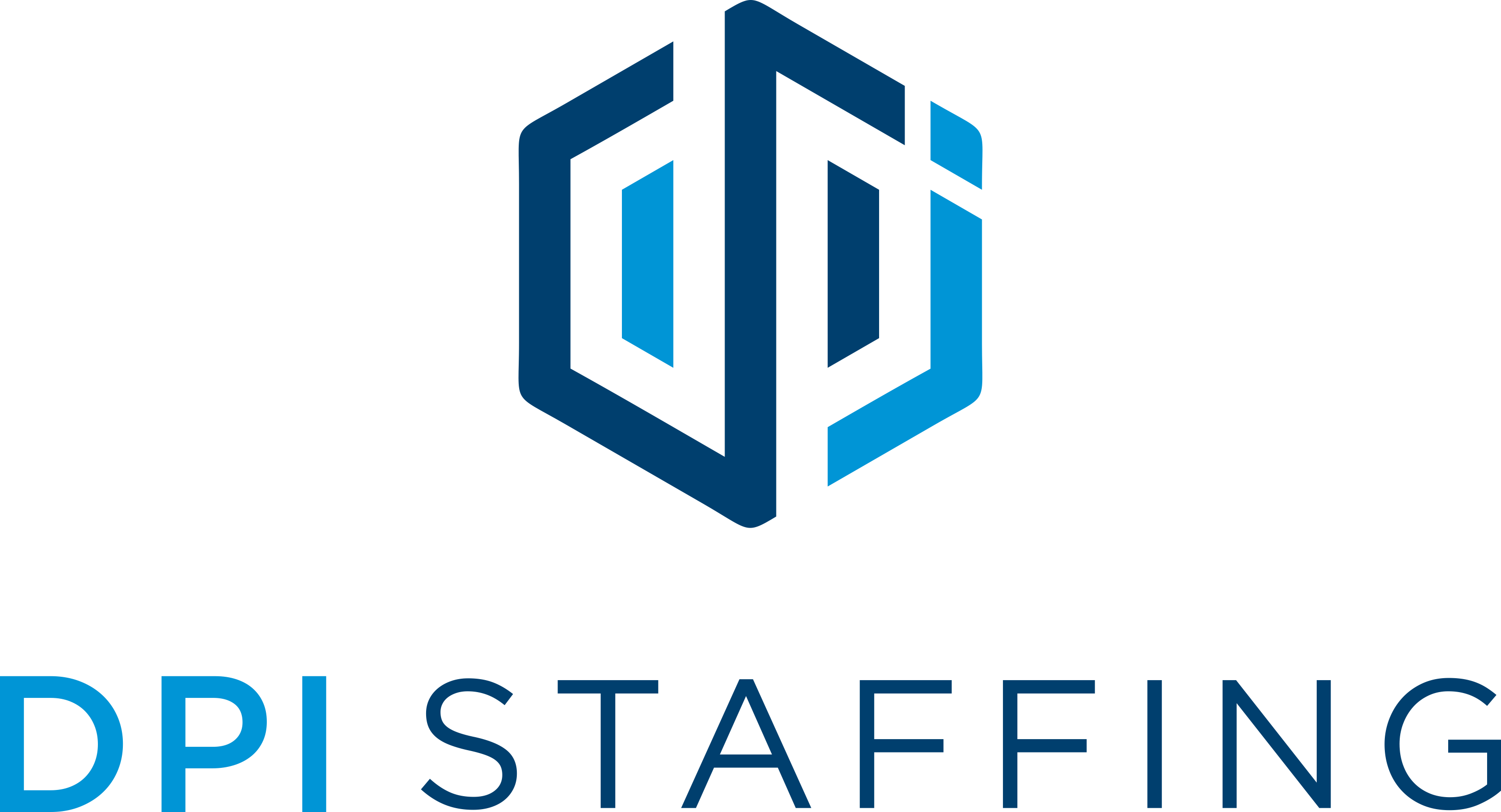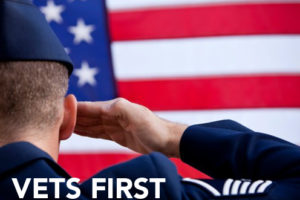Many employers talk about hiring veterans, but like many special populations of job seekers, it can be tricky to know how to actually get them into your workplace. How do you recruit veterans? What should you ask them? How will their military experience translate into a civilian position within your company?
Remember, this isn’t about a charitable case. Certainly, you might gain some recognition for hiring veterans—but these tips are all about the business reasons to hire vets to boost your bottom line.
• Translate Military Occupational Specialties (MOS) into civilian skills.
Job skills needed and duties required on a job description might be perfectly suited to a certain category of military experience. But unfortunately, it may not be phrased in a manner that will connect with veterans. Military service members’ job duties and career tracks are listed as Military Occupational Speciality codes (also known as AFSC codes or NEC codes, depending on the military branch). Offering translations of MOS codes into the civilian positions they correspond to, and vice versa, will help you recruit veterans. Monster.com has an excellent Military Skills Translator that can find the job skills and capabilities associated with particular military ranks.
• Revamp your interview questions.
How many times have you heard the “What are your greatest strengths?” types of interview questions? Too many times, generic interview questions designed for civilians aren’t going to display the full breadth of veterans’ experience. To improve, make your questions more open-ended, such as “Tell me about what you did in your previous job,” or “How do you think your past experience will translate into this position?” With more conversational questions, you’ll uncover hidden skill sets—and better yet, you’ll improve the quality of candidate answers from non-veterans, too.
• Understand the benefits of translatable soft skills as well as hard skills.
Every veteran comes equipped with a multitude of valuable soft skills as a result of their military training and service. But these might not specifically surface as bullet points on their resume. In service, however, most veterans learn to operate as a unit and are trained to think that way, too. This is key for team collaboration in a civilian work environment. But unfortunately the veteran you’re interviewing might not sell him- or herself on individual accomplishments. Pay special attention to the soft skills that often surround the job duties within the hard skills as part of the veteran’s MOS, and again—get creative with your questions!
Is your company serious about tapping into the enormous breadth of skills that our community of military veterans has to offer? If so, these simple tweaks in your recruitment and hiring process will help bring those skills to the surface. And it will subsequently make for accurate job matching that results in solid hires. Plus, the way you recruit and listen to veterans will positively affect the way that you recruit and listen to non-veteran job candidates—bringing benefits to your company and your bottom line across the board.
Have any additional tips for how to successfully recruit veterans? Weigh in on our social media channels!





